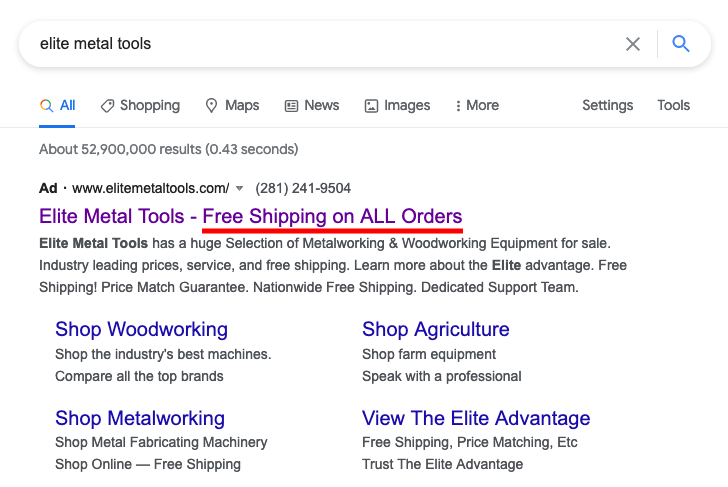
Best Reader Tips of 2021
This year reader tips led to dozens of ad alerts, as well as a complaint to regulators.
Your cell phone buzzes with an incoming message. You grab for it wondering whether it’s the reply you’ve been waiting for to confirm tonight’s dinner date. Instead, it’s a text promising you a free gift if you just “click here.”
Stop right there, says the Established in 1914 under President Woodrow Wilson, the FTC is the United States government’s primary regulatory authority in the area of consumer protection and anti-competitive business practices in the marketplace. Its Bureau of Consumer Protection assumes the lead in the Commission’s efforts to eliminate deceptive advertising and fraudulent business practices at work in the economy.. The “free gift” may end up costing you money. More than 180 million text messages were sent to consumers promising free gifts and prizes that the FTC alleges violate federal laws. This week, the agency announced that it has filed eight complaints charging 29 defendants with sending spam messages. Some of the messages promised gift cards worth $1,000 to major retailers such as Best Buy, Wal-Mart, and Target. But consumers who clicked on the links in the texts were then asked to provide Data that can be used to identify you, like your name, address, birth date, or Social Security number, apply for a credit card, or pay to subscribe to services to get the “free” gift. And some have to pay for the unwanted text.
The FTC said the operators of the sites violated federal laws by failing to tell consumers about all the conditions attached to the gifts, including that they would have to spend money to receive them.
“For consumers who find spam texts on their phones, delete them, immediately. The offers are, in a word, garbage,’’ said Charles A. Harwood, acting director of the FTC’s Bureau of Consumer Protection.
In fact, the FTC alleges that the only people getting any real gifts are the defendants who sent the text messages, who are paid by the operators of the “free” gift websites based on how many consumers they entice to enter their information. The operators of the free gift websites are in turn paid by those businesses that gain customers or subscribers through the “offer” process, according to the agency.
It is against the law to send unsolicited commercial text messages unless a cell phone user has given permission to the sender. The FTC’s complaints seek restraining orders against the defendants preventing them from continuing their alleged deceptive actions. One text spammer involved in the recent FTC sweep, Phil Flora, was banned from sending spam texts in 2011, after he sent what the agency termed a “mind-boggling” amount of texts to consumers pitching mortgage modification services and falsely claiming that he was affiliated with a government agency.
But the ban did not stop him from doing it again, which just shows that despite the FTC’s efforts against serial texters, it’s difficult to stop the flood of spam messages.
Read more here on how to protect yourself from scam texts or to report a suspicious text.
This year reader tips led to dozens of ad alerts, as well as a complaint to regulators.
“Free Shipping on ALL Orders” turns out only to be good on around 90 percent of orders.
The pandemic has also triggered lawsuits over privacy issues with some video conferencing apps, and more.


